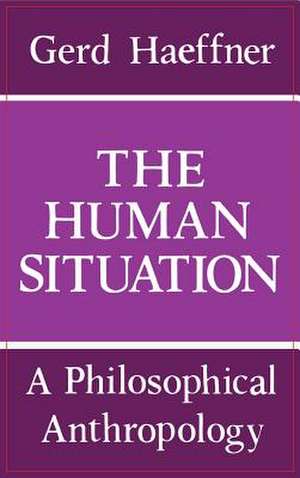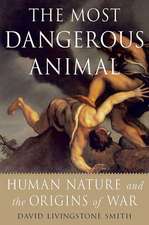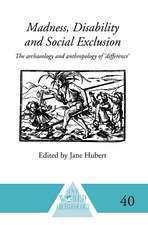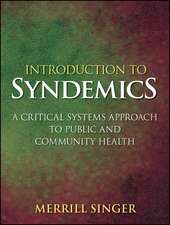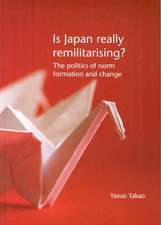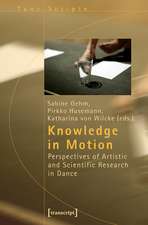The Human Situation – A Philosophical Anthropology
Autor Gerd Haeffner, Eric Watkinsen Limba Engleză Hardback – 30 iul 1989
| Toate formatele și edițiile | Preț | Express |
|---|---|---|
| Paperback (1) | 226.50 lei 6-8 săpt. | |
| MR – University of Notre Dame Press – 29 iun 1989 | 226.50 lei 6-8 săpt. | |
| Hardback (1) | 587.17 lei 6-8 săpt. | |
| MR – University of Notre Dame Press – 30 iul 1989 | 587.17 lei 6-8 săpt. |
Preț: 587.17 lei
Preț vechi: 762.56 lei
-23% Nou
Puncte Express: 881
Preț estimativ în valută:
112.37€ • 122.02$ • 94.39£
112.37€ • 122.02$ • 94.39£
Carte tipărită la comandă
Livrare economică 22 aprilie-06 mai
Preluare comenzi: 021 569.72.76
Specificații
ISBN-13: 9780268010881
ISBN-10: 0268010889
Pagini: 216
Dimensiuni: 152 x 229 x 14 mm
Greutate: 0.46 kg
Editura: MR – University of Notre Dame Press
ISBN-10: 0268010889
Pagini: 216
Dimensiuni: 152 x 229 x 14 mm
Greutate: 0.46 kg
Editura: MR – University of Notre Dame Press
Notă biografică
Recenzii
"This introductory outline of philosophical anthropology sketches a dialectical progression of solutions to the problem of what it is to be human. Seeking to provide a unification of the concept of human existence, Haeffner sequentially thematizes with prudence the problems of subjectivity, language, sociality, historicity, mind-body relation, consciousness, and freedom of the will."
--Choice
--Choice
Textul de pe ultima copertă
Since the beginning of conscious thougth the human animal has questioned the meaning of its existence. Although qualified in numerous ways by time and circumstance, the question has remained. In modern times it has assumed an unusual urgency due to the disintegration of self-understanding caused in part by the Industrial Revolution and the destruction and degradation of this century’s wars. We ask again, “What is the nature of human life?” “What qualifies as a meaningful life?” and “How shall we come to understand ourselves in the future?”
Using the resources of anthropology, biological research, ad philosophy to plumb the essence of humanity, The Human Situation renews this quest for understanding. Gerh Haeffner leads the reader through an examination of the different levels of human consciousness, beginning with the techniques of biology and the human sciences. Through this approach the reader is progressively made aware of the central question of “What is it to be human?” and is led to an understanding of the unity of human life, the central realities of conscience and freedom, and finally the question of the meaning of life. Other considerations include the basic dimensions of human existence, the mental element of the act, and the unity of human life and its meaning.
This work is an excellent general introduction to philosophical anthropology for students in a variety of disciplines, with emphasis on developing issues and problems with a phenomenological method rather than presenting its material within a formal historical framework. Though dealing with concepts that are challenging and demanding, the writing is never technical and is appropriate for undergraduates.
Using the resources of anthropology, biological research, ad philosophy to plumb the essence of humanity, The Human Situation renews this quest for understanding. Gerh Haeffner leads the reader through an examination of the different levels of human consciousness, beginning with the techniques of biology and the human sciences. Through this approach the reader is progressively made aware of the central question of “What is it to be human?” and is led to an understanding of the unity of human life, the central realities of conscience and freedom, and finally the question of the meaning of life. Other considerations include the basic dimensions of human existence, the mental element of the act, and the unity of human life and its meaning.
This work is an excellent general introduction to philosophical anthropology for students in a variety of disciplines, with emphasis on developing issues and problems with a phenomenological method rather than presenting its material within a formal historical framework. Though dealing with concepts that are challenging and demanding, the writing is never technical and is appropriate for undergraduates.
